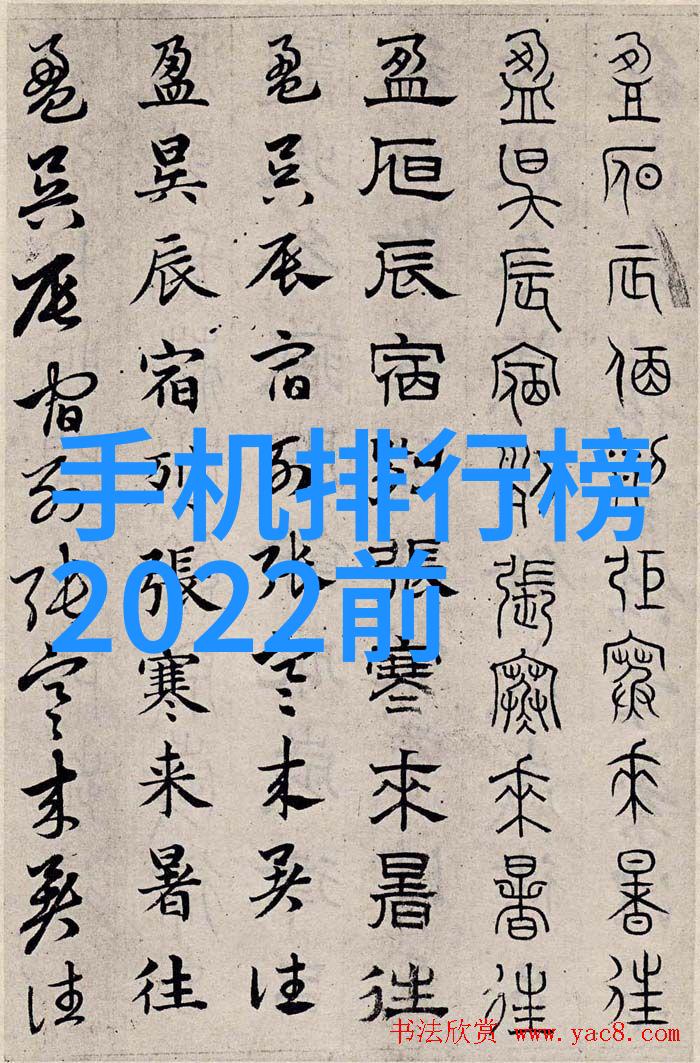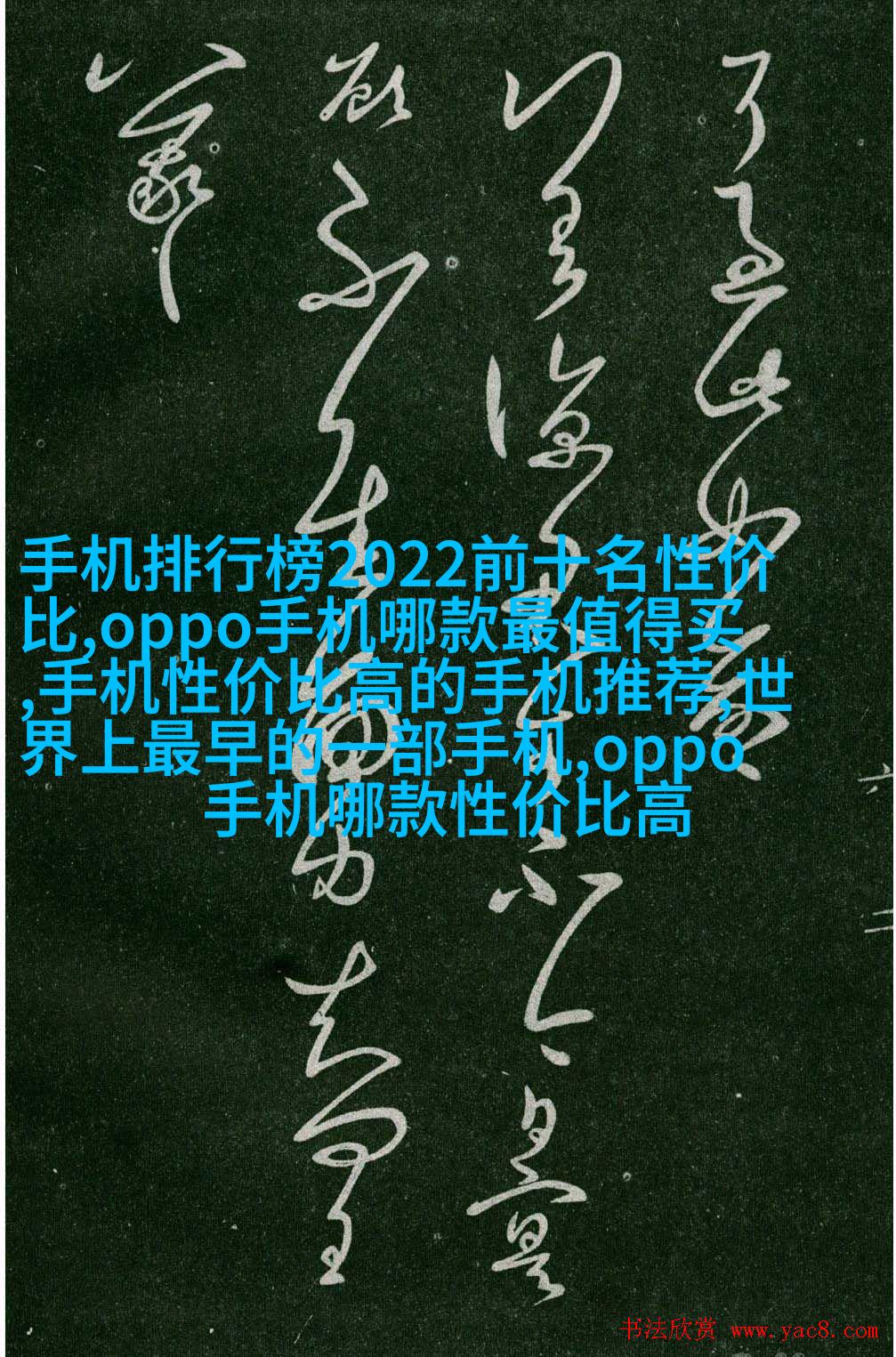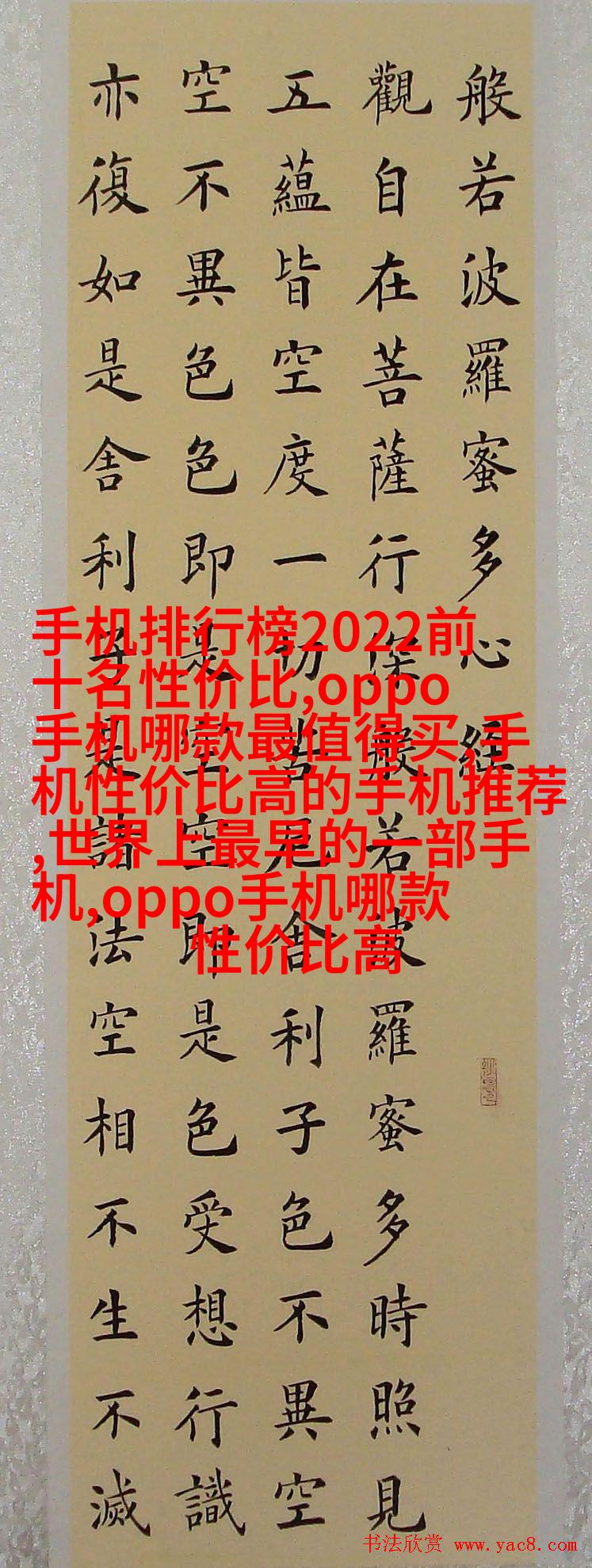2025-02-08 手机 0
The mystique surrounding "彼岸花" is a fascinating subject to explore, especially when viewed through the lens of English literature. The term itself is steeped in cultural and symbolic significance, evoking a sense of otherworldliness and transcendence. In this article, we will delve into the meaning behind "彼岸花," as well as its possible English translations and equivalents.

1.1 The Symbolism Behind "彼岸花"
To begin with, it's essential to understand that "彼岸花" has no direct equivalent in English language. However, words like "transcendent flower," or more poetically, "the flower beyond this world," come close to capturing its essence.

The term itself is derived from Buddhist terminology, where it represents a rare plant that blooms only on one side of a riverbank - symbolizing enlightenment and spiritual growth. It signifies something beautiful yet elusive; attainable only after crossing over to another realm.
1.2 Unveiling the Enigma

In order to convey this complex symbolism effectively across linguistic barriers, various translations have been proposed by scholars and translators alike.
Transcendent Flower: This translation retains both the beauty and spirituality associated with '彼岸花'. It echoes themes found in Eastern philosophy such as self-discovery & personal transformation.
Beyond This World: This phrase captures not just physical distance but also spiritual progression - implying an existence beyond our mundane reality.

Elysian Blossom: Although less commonly used than other phrases mentioned above; it still manages to evoke feelings related to paradise (Elysium) which fits perfectly with '彼岸' part meaning beyond worldly realms.
These terms capture some aspects of what makes '彼岸花' unique but none fully encapsulate all dimensions involved within its concept.
1.3 Literary Significance

As we analyze literary works featuring comparable themes or concepts found within Chinese literature translated into English (or vice versa), several interesting parallels emerge:
a) Taoist poetry often expresses longing for unity between human life & nature while seeking balance between yin-yang principles similar ideas can be seen in Western philosophical texts such as Plato's Republic where he talks about higher realms accessible through knowledge acquisition & intellectual pursuits.
b) Buddhist teachings emphasize detachment from material desires towards attaining inner peace - which could be mirrored by Christian teachings advocating renunciation for salvation purposes both philosophies share common ground regarding transcending earthly boundaries towards achieving higher states consciousnesses
By examining these parallel concepts across different cultures/languages we gain insights into how similar universal messages are conveyed despite differences at surface levels – reinforcing idea that there might exist underlying connections between seemingly disparate belief systems
1.4 Conclusion
In conclusion, exploring '彼岸花' allows us insight into diverse ways people throughout history express profound human experiences transcending time-space limitations; encouraging cross-cultural dialogue via comparative analysis while maintaining sensitivity towards preserving original context inherent meanings captured within each respective culture's vocabulary set.
While attempting an exact translation remains challenging due largely because meanings rooted deeply within specific cultural contexts cannot always translate smoothly without losing their essence yet understanding these nuances fosters mutual respect among nations fostering global harmony based on shared values shared aspirations rather than just differences observed at first glance